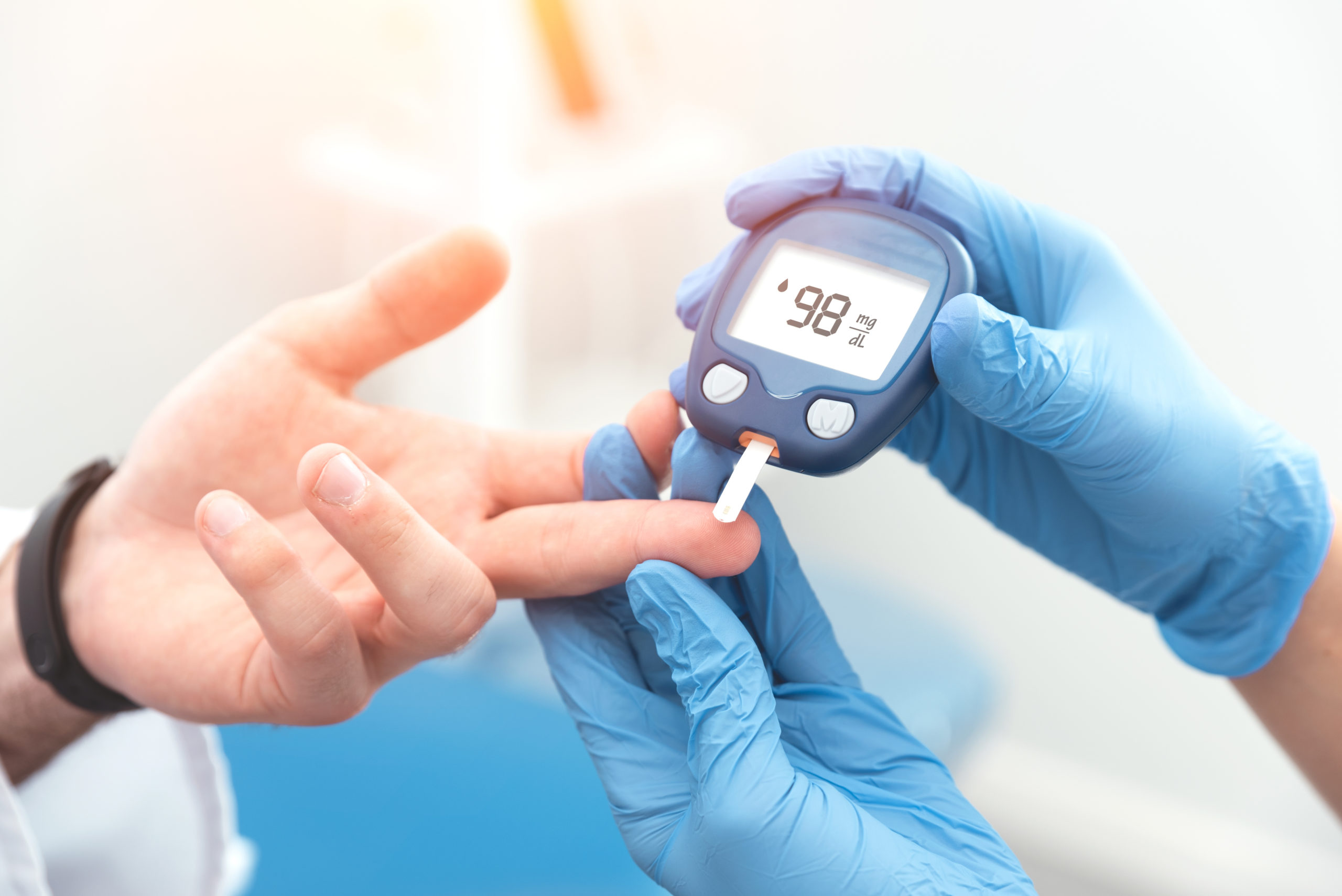Image Source: Google
Many people experience the dreaded sugar spikes and crashes throughout the day. These fluctuations in blood sugar levels can leave you feeling tired, irritable, and craving more sugary foods. However, there are several natural ways to support your blood sugar levels and maintain steady energy throughout the day.
1. Eat a Balanced Diet
One of the most important factors in supporting blood sugar levels is eating a balanced diet. This means ensuring that your meals contain a combination of carbohydrates, protein, and healthy fats.
Carbohydrates are an important source of energy, but not all carbs are created equal. Opt for complex carbohydrates like whole grains, legumes, and vegetables instead of refined carbs like white bread and sugary snacks. These complex carbs are digested more slowly, resulting in a gradual release of sugar into the bloodstream and a more stable energy level.
Protein and healthy fats can also help to stabilize blood sugar levels. Incorporate lean protein sources like chicken, fish, tofu, and legumes into your meals, along with healthy fats like avocados, nuts, and olive oil.
2. Regular Physical Activity
Regular physical activity is not only beneficial for overall health but can also help support blood sugar levels. Exercise helps to increase insulin sensitivity, allowing your cells to better utilize glucose from the bloodstream.
A combination of aerobic exercise and strength training has been shown to have the most significant impact on blood sugar regulation. Aim for at least 150 minutes of moderate-intensity aerobic exercise, such as brisk walking or cycling, and two or more days of strength training per week.
3. Manage Stress Levels
Chronic stress can have a profound effect on blood sugar levels. When you are stressed, your body releases stress hormones like cortisol, which can cause your blood sugar to rise.
Finding effective ways to manage stress is essential for blood sugar control. Some stress management techniques include practicing mindfulness, deep breathing exercises, yoga, or engaging in activities you enjoy. Prioritizing self-care and getting enough sleep can also help reduce stress levels.
4. Stay Hydrated
Drinking enough water throughout the day is important for maintaining stable blood sugar levels. Dehydration can lead to higher blood sugar levels and increased thirst, further exacerbating the sugar cravings.
Make sure to drink plenty of water and limit your intake of sugary beverages. Herbal teas and infused water can be a flavorful and hydrating alternative to plain water.
5. Include Fiber-Rich Foods
Fiber plays a crucial role in blood sugar regulation. It slows down the absorption of sugar into the bloodstream, preventing sharp spikes and crashes.
Increase your intake of fiber-rich foods like fruits, vegetables, whole grains, and legumes. These foods not only provide essential nutrients but also promote digestive health and help maintain steady energy levels.
6. Get Enough Sleep
Lack of sleep can disrupt the delicate balance of hormones involved in blood sugar regulation. Inadequate sleep has been linked to insulin resistance and an increased risk of developing type 2 diabetes.
Make sleep a priority and aim for 7-8 hours of quality sleep each night. Establishing a consistent bedtime routine and creating a sleep-friendly environment can help improve sleep quality.
7. Limit Processed Foods and Sugary Snacks
Processed foods and sugary snacks are often high in refined carbohydrates and unhealthy fats, leading to rapid spikes in blood sugar levels.
Opt for whole, unprocessed foods as much as possible and choose healthier snack alternatives like nuts, seeds, or Greek yogurt. If you have a sweet tooth, reach for naturally sweet options like fresh fruits or dark chocolate in moderation.
Conclusion
Supporting your blood sugar levels naturally can help you maintain steady energy throughout the day and prevent the unpleasant spikes and crashes. By following a balanced diet, engaging in regular physical activity, managing stress, staying hydrated, including fiber-rich foods, getting enough sleep, and limiting processed foods and sugary snacks, you can take control of your blood sugar levels and promote overall well-being.

